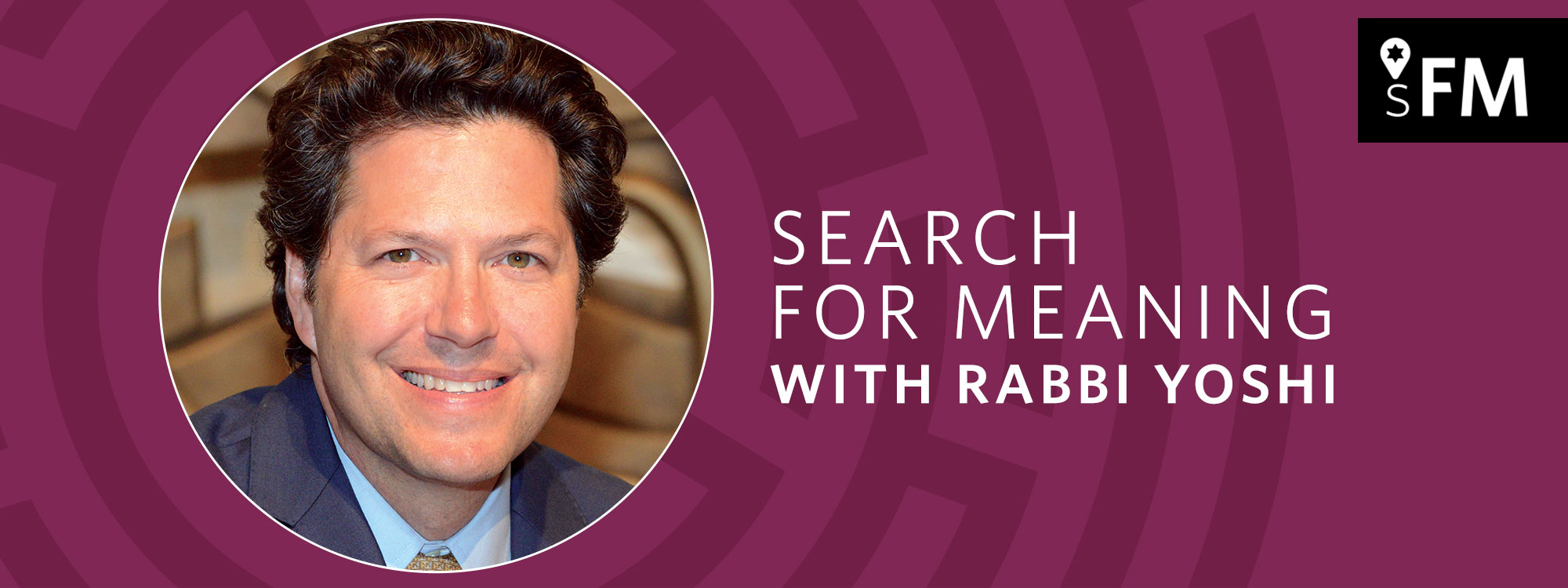In the latest edition of his Search for Meaning podcast, Stephen Wise Temple Senior Rabbi Yoshi Zweiback hosts Rabbi Susan Silverman, the founder of Second Nurture, a nonprofit dedicated to supporting a path from foster care to adoption.
“I grew up in a family that fostered kids, so I saw that up close,” Rabbi Silverman says. “Also, I’m a rabbi, and I really believe strongly in the power of community, so I put the two together.”
In 2016, after meeting hundreds of people in dozens of cities across North America while touring with her book, “Casting Lots: Creating a Family in a Beautiful, Broken World,” Rabbi Silverman was convinced that many more people would foster and adopt, if only they had support and direction.
“Parenting in general is daunting,” says Rabbi Silverman, who has adopted two children. “Foster parenting is extra daunting. The process itself is overwhelming.”
Rabbi Yoshi, who now serves on the organization’s board, was one of the first people Rabbi Silverman approached with her idea: An organization that would lower the barrier to entry for foster and adoptive parents by providing guidance, fellowship, and community to those who had the desire to foster and adopt, but lacked the expertise, experience, and wisdom such a community could provide. In 2017, she founded Second Nurture.
Fully acknowledging the disproportionate rate at which minority children are separated from families who may very well be able to care for them, Rabbi Silverman has been adamant that Second Nurture operate with racial justice in mind. Study after study has found that aging out of foster care (or merely being “in the system”) carries a strong direct correlation with future incarceration. Beyond providing logistical support to families willing to foster and adopt, Second Nurture also works to address the racial disparities and injustices endemic to the foster care system.
“We are not policy people,” Rabbi Silverman says. “We are not the judges who decide these cases. But, we can say, ‘We want to know what the situation is.’ We want to have a special kind of program where we’re able to foster kids and support the bio family … We can be a part of a solution, and to partner with people who do have the power, so that we can move this forward in a positive way.”

